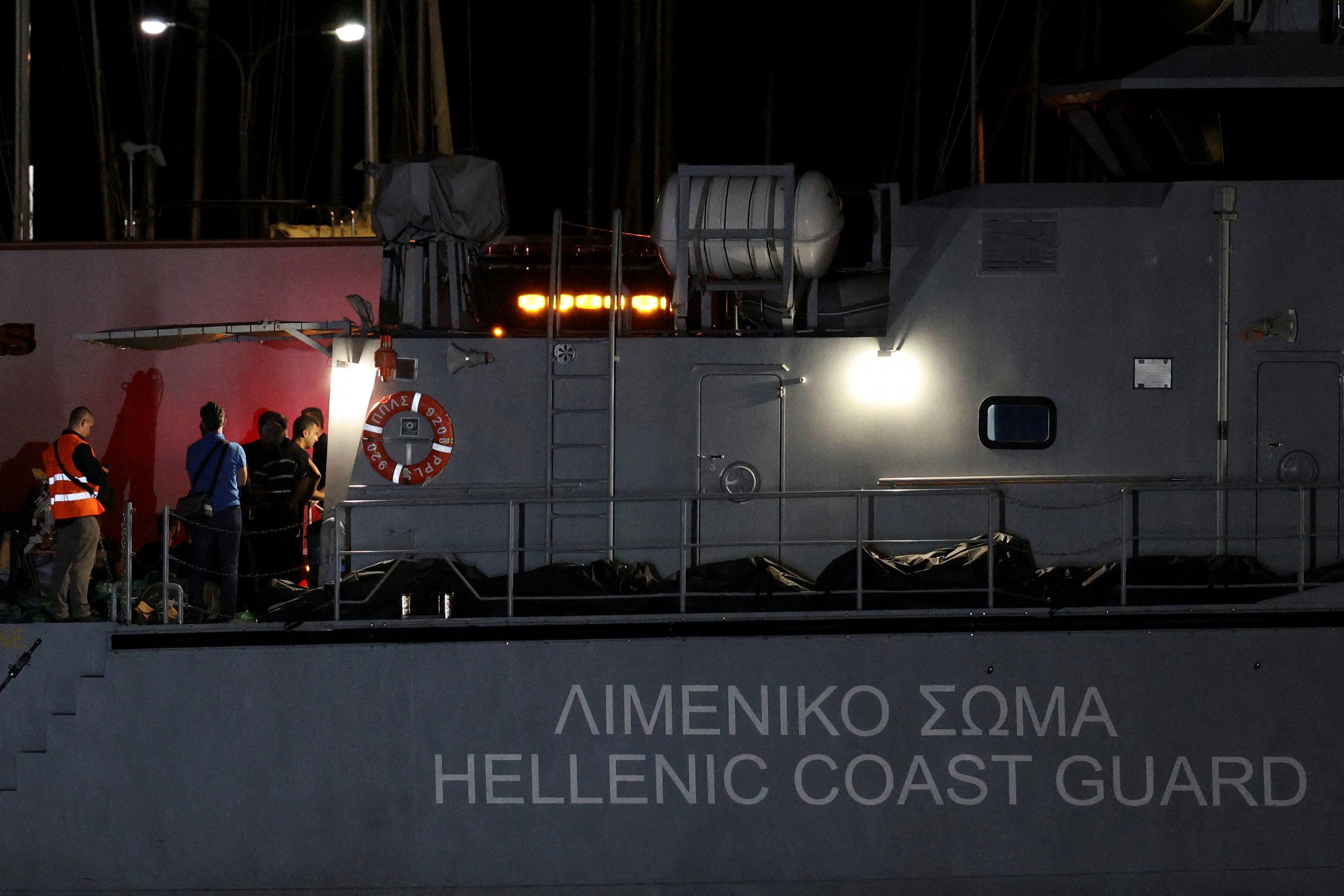At least 79 people died on Wednesday when a boat carrying migrants sank in the Aegean Sea off the Greek coast, marking the deadliest tragedy since the 2015 migrant crisis. The boat, which reportedly originated in Libya and was heading to Italy, was carrying Pakistani, Syrian, and Egyptian nationals.
The Greek Coast Guard said it had been made aware of the vessel’s unusual movements the day before the accident, but that the boat had rebuffed offers of help. For now, details on what Greek authorities knew – and when – remain murky, but what is clear is that the Greek government has taken a hardline stance against asylum-seekers departing from Northern Africa and seeking to reach the European Union via the Mediterranean.
In fact, PM Kyriakos Mitsotakis and his New Democracy Party won 40% of the vote in last month’s election in large part due to its tough-on-migrant stance.
The European Union has long struggled to implement an effective bloc-wide migration policy and has been reluctant to pick fights with the Greek Coast Guard because it relies on Greece, and other coastal nations, to guard EU borders.
What’s more, this tough-on-migration approach appears to resonate with European voters in many EU states (think Italy, Hungary, and Germany) and so many governments remain committed to employing cynical tactics to keep migrants out.
But migrants fleeing economic collapse and political implosion in the Middle East, South Asia, and Africa continue to view a dangerous boat ride across the Mediterranean as a risk worth taking. That explains why 2023 has seen some of the highest asylum-seeker rates in Europe in years.